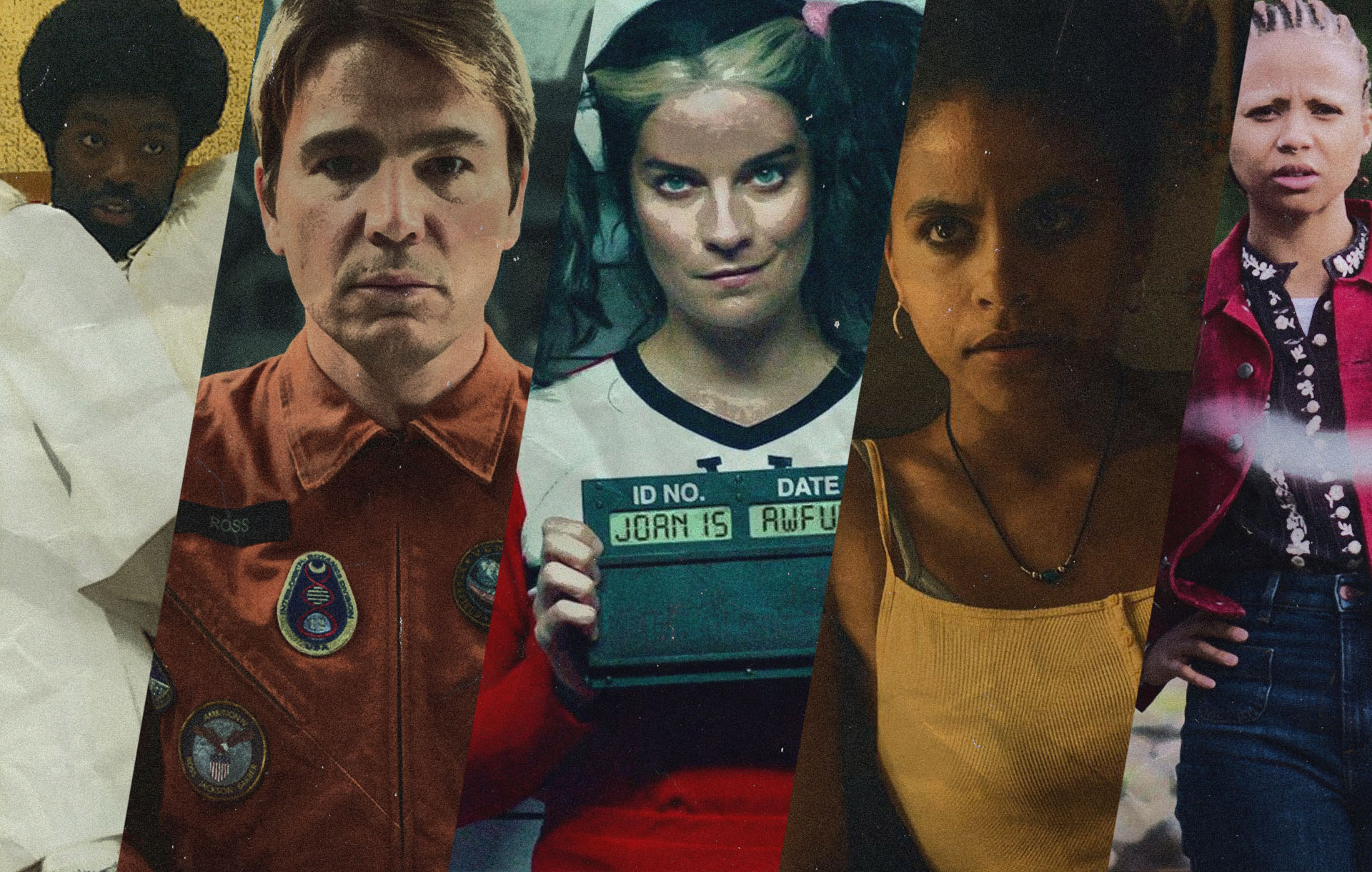After a four-year hiatus, Charlie Brooker made his return to the screen with Black Mirror Season 6. Released last year in June 2023, the show consists of five episodes that are slightly different from the previous stories, especially in regards to their relationship with time. The present and the past are, in fact, the new protagonists of this season, in which we depart from dystopian futures to examine technological advancements from new perspectives.
Since its first release in 2011, this show has had a significant cultural impact, sparking discussions and reflections on the role of technology in our lives. Black Mirror has influenced public discourse on the ethical and societal implications of technological advancements, and the unrestrained desire for progress. In this regard, the new question that Charlie Booker’s posed to all of us is very simple: Don’t we already live in a dystopia?
Well, the imagined societies in dystopic television series are typically totalitarian, or post-apocalyptic. That’s right! So, how do we categorize AI and the pandemic? If, on one hand, the world froze because of a massive outbreak, on the other hand it is also about to be dominated by artificial intelligence. Doesn’t that sound like a prophecy already come true?
As we can see, there are many interesting perspective and dilemmas in regards to this redefined interpretation of reality. That’s why we’d like to identify three episodes across all seasons – including the sixth – that deal with present, past, and future and see how they can come full circle, revealing something new about our devotion to technology.
Black Mirror’s 3 Dimensions
Future
Among the plethora of futuristic episodes, we picked one set in a near future – “Nosedive” (Season 1). In this episode, a large portion of the population has adopted a form of social-media eye implant that ranks people based on their “likability”. This episode meditates on what happens when we allow our social media status to dictate societal norms. As an amiable individual with a superior social score endures a series of unfortunate events, her ranking begins to go down. What starts off as a minor inconvenience, with the loss of specific treatments, then turns into a more ominous situation. The more frustrated she becomes with her predicament, the lower her ranking drops among those she engages with, highlighting the fact that a real-life social network would keep individuals from openly expressing their emotions.
Present
In “Joan is Awful” (Season 6), Brooker reflects on present issues with live streaming services, personalized content and privacy. The narrative unfolds in the present, delving into current technological aspects such as artificial intelligence, streaming services, and deep fakes. Unlike other episodes, this particular instalment encourages viewers to critically assess the current media landscape. Brooker takes a critical stance, not only against present-day issues, but also against Netflix itself. He introduces a massive ‘quantum computer’ as the mastermind behind a streaming platform called Streamberry, which is operated by highly advanced artificial intelligence. In this scenario, the protagonist is coerced into signing a contract with this global streaming platform, which subsequently launches a real-time TV adaptation of her life, featuring Salma Hayek portraying her character. In other words, the life of a subscriber turns into content, as “the show must go on.”
Past
In “Loch Henry” (Season 6), Brooker lets a past incident with technology destroy the protagonist’s present. The episode follows the journey of a young couple, two filmmakers returning to the guy’s hometown, which inspires them to make a true-crime documentary about a past incident that occurred in the same town. Brooker teases Netflix once again, with the girl’s joke about the rise of true-crime documentaries on Streamberry. While the episode doesn’t significantly contribute to the murder mystery genre, it cleverly employs traditional found footage techniques and the antiquated VCR technology to unveil the truth. This episode acknowledges the relevance of past technologies, showing that they can still have a profound impact on our lives, even in the present.
The Takeaway
How does a series like Black Mirror remain relevant in a world that keeps surpassing in absurdity the scariest dystopian prophecies? Well, in this case, Booker made sure to make us feel part of an ordinary world, and then twisted it by means of our current or past technologies. In fact, what could be more ordinary than sitting on a couch and choosing a series from a streaming catalogue, just like Joan does? The result is even more shocking and alarming than expected, as that action feels particularly familiar to us.
In season 6, Black Mirror moves away from its customary warning about the impending future. This time, the audience is prompted to reflect on our history, and the consistent pattern of human beings misinterpreting technological advancements and misusing the tools at their disposal. The only way to break this cycle is to learn from our past mistakes, and take this opportunity to be more cautious in the present.




